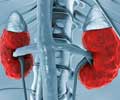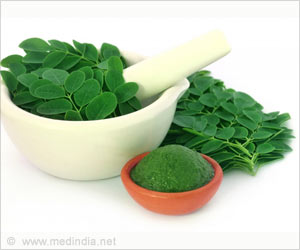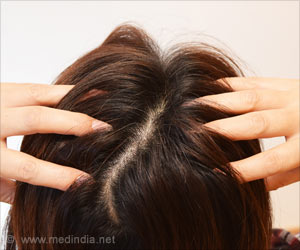Vitamin E may decrease the risk of acute kidney injury which may have developed due to deficiency of antioxidants in the body.
Highlights
- Contrast Medium-Induced Acute Kidney Injury (CIAKI) is one of the major cause of hospital-acquired acute kidney injury.
- A decrease in antioxidant activity and directcytotoxic effect of reactive oxygen species in have been implicated in causing CIAKI.
- Vitamin E, a fat soluble vitamin prevents CIAKI and has better outcome than Vitamin C.
CIAKI compromises about 10% of all in-hospital nephropathies and contributes to increased hospital length of stay and cost of care.
CI-AKI is commonly defined as a rise in serum creatinine (SCr) of 0.5 mg/dl or a 25% increase from the baseline value assessed at 48 h following CM administration.
A decrease in antioxidant activity and direct cytotoxic effect of reactive oxygen species in experimental models have been implicated in causing CIAKI. Previously, evidence indicated that the antioxidants N-acetylcysteine and vitamin C may prevent CIAKI. Vitamin E is a fat-soluble antioxidant and it might similarly influence the risk of CIAKI.
Yousef Rezaei from the Iran University of Medical Sciences and Harri Hemilä from the University of Helsinki in Finland analyzed the findings of three randomized trials that investigated the effects of vitamin E supplementation against CIAKI.
Since the three vitamin E trials were carried out in Thailand and Iran, it is not evident whether vitamin E has similar effects in Western countries.
Reference
- Yousef Rezaei et al., Vitamins E and C May Differ in Their Effect on Contrast-Induced Acute Kidney Injury, American Journal of Kidney Diseases (2017) http://dx.doi.org/10.1053/j.ajkd.2016.12.022.
Source-Medindia
















